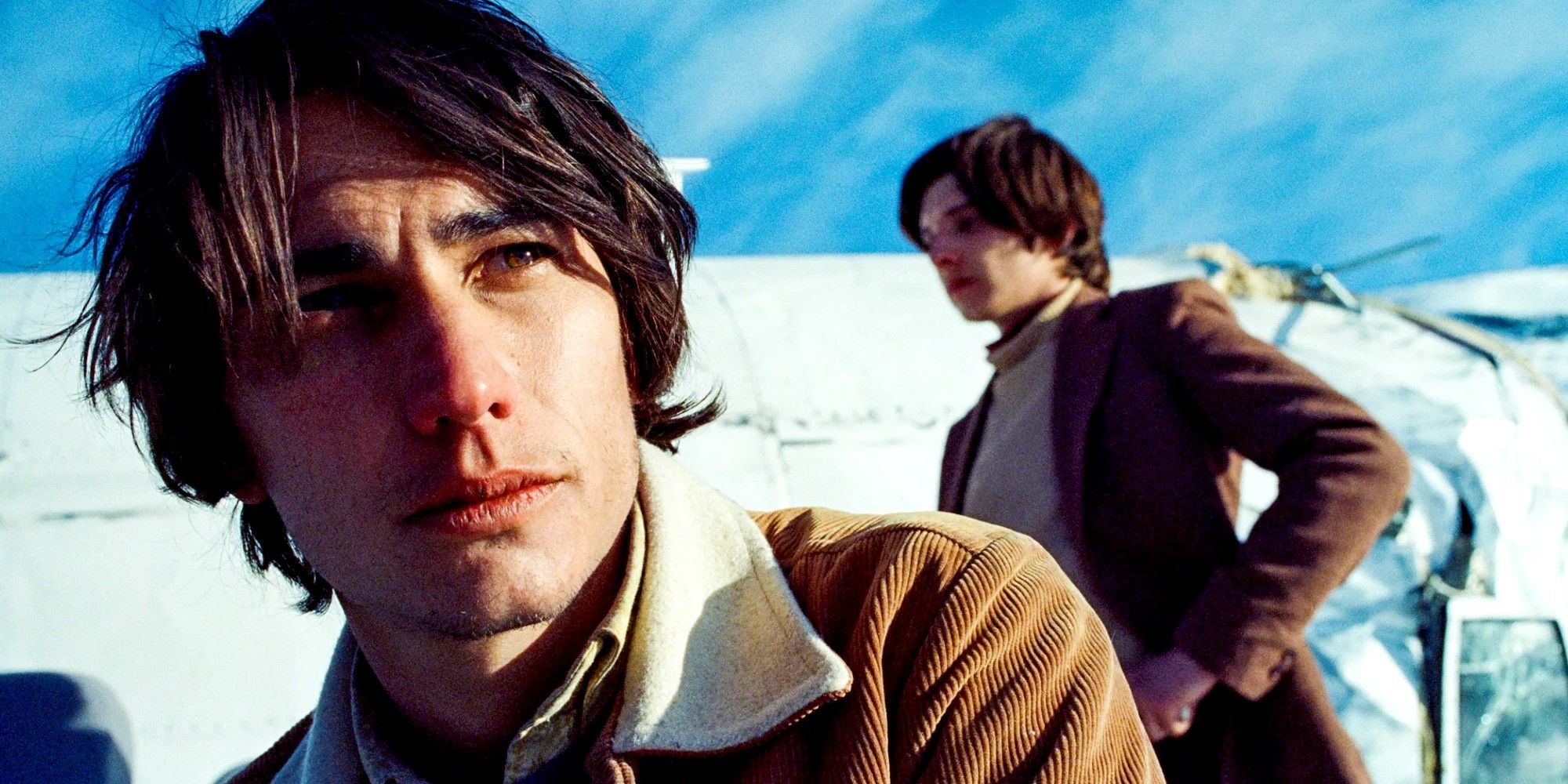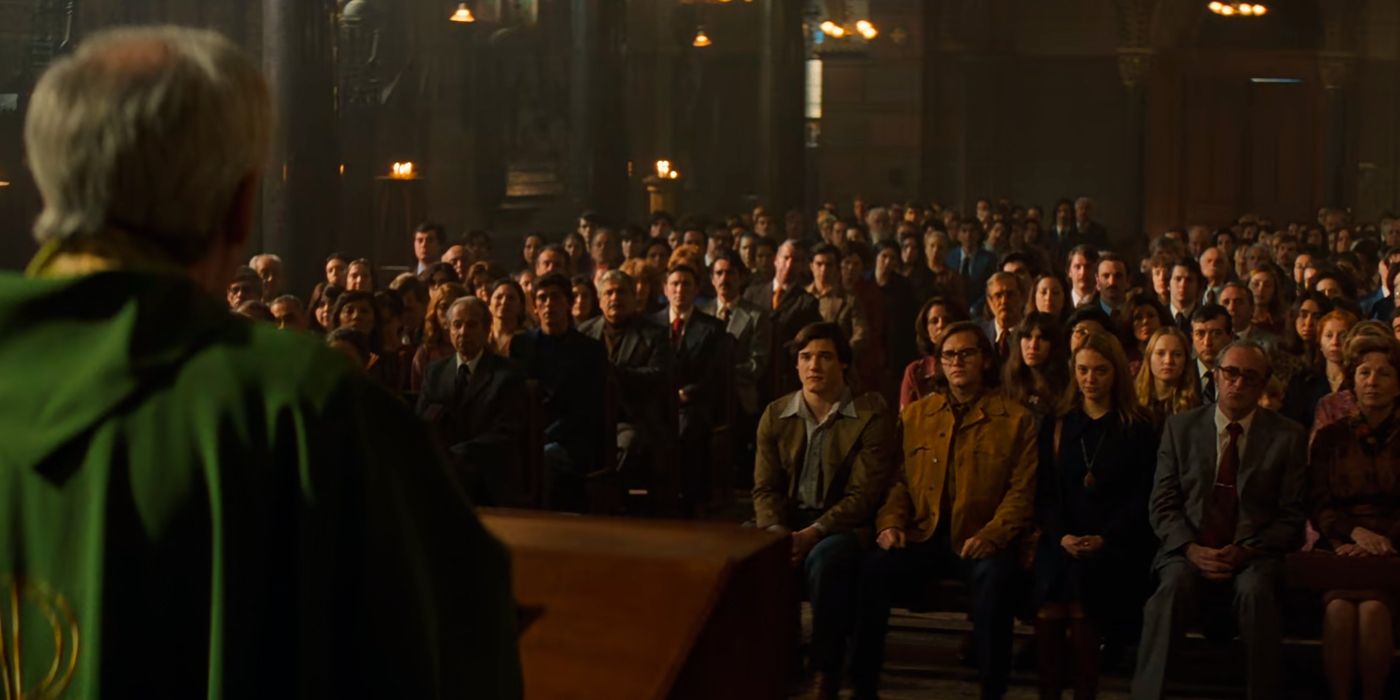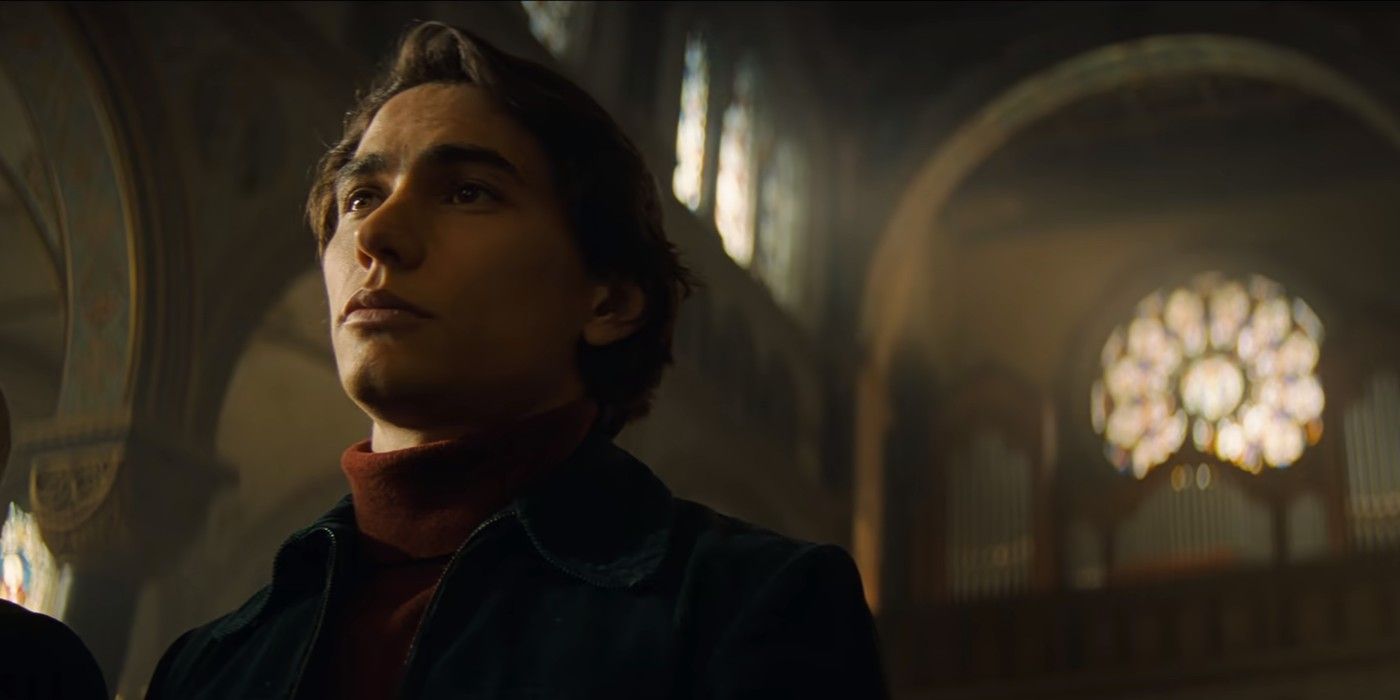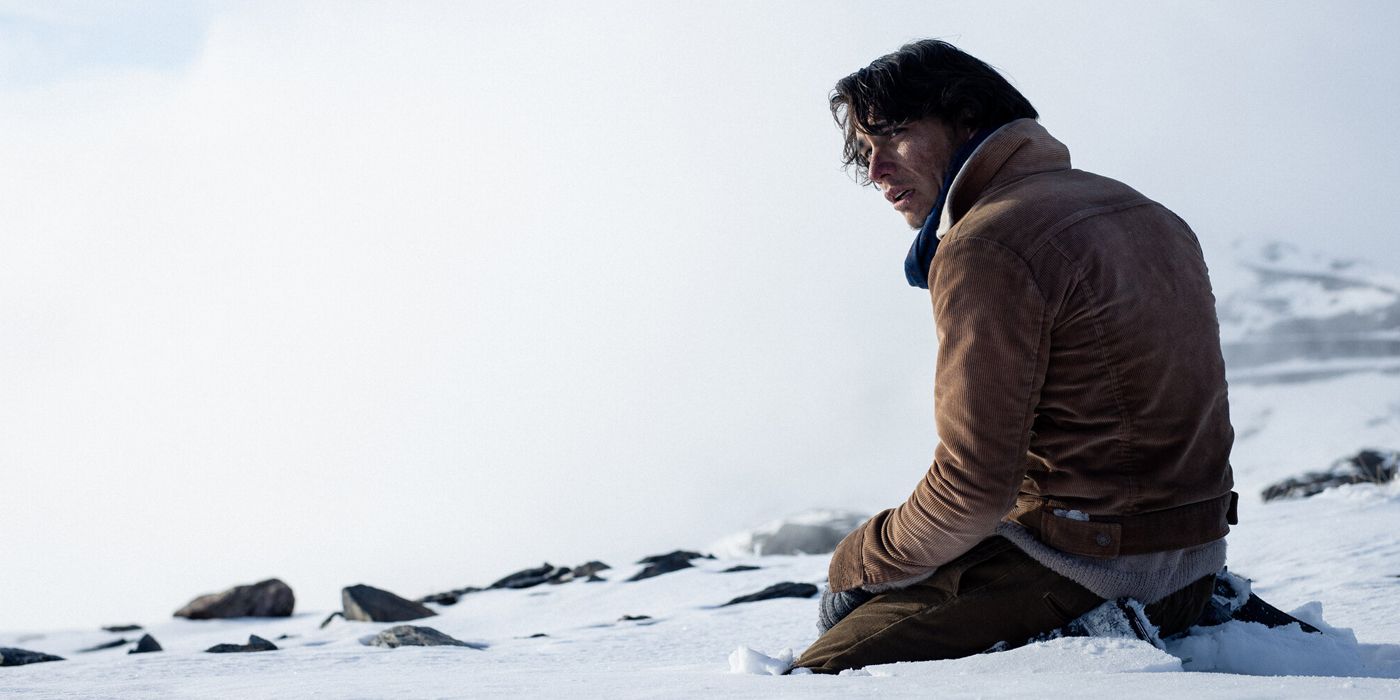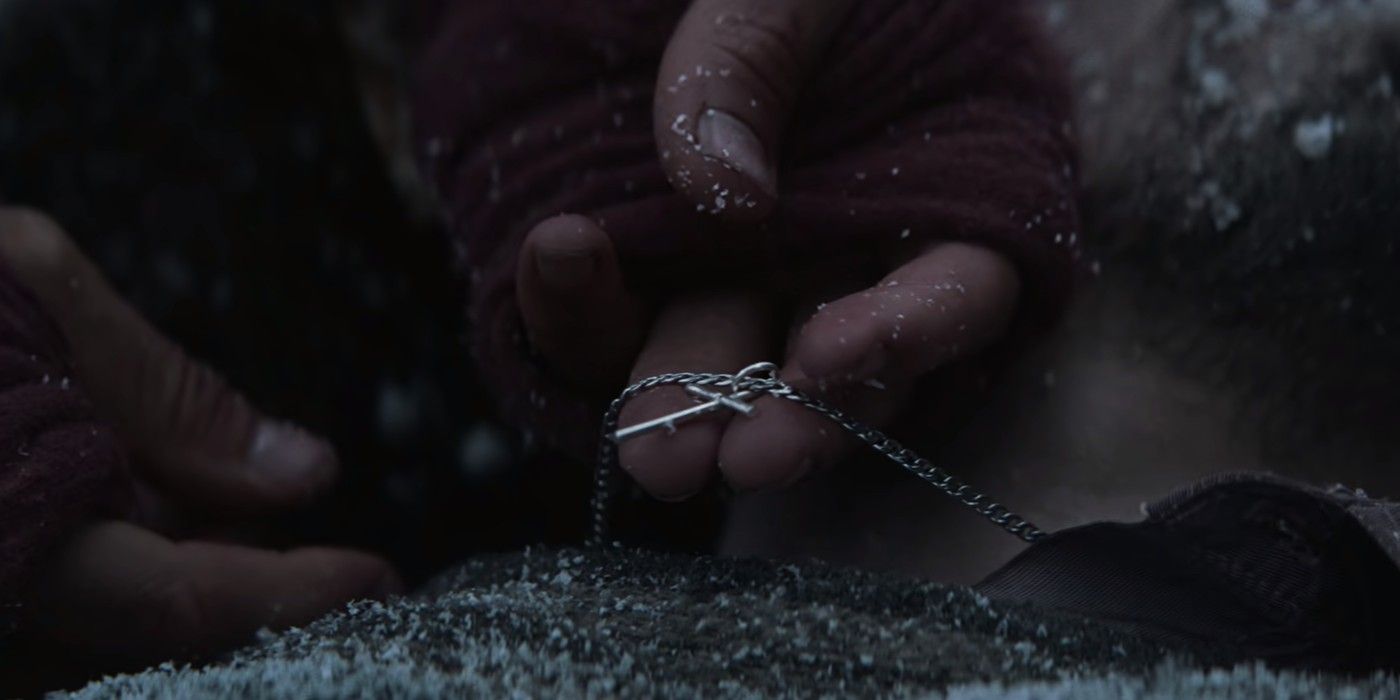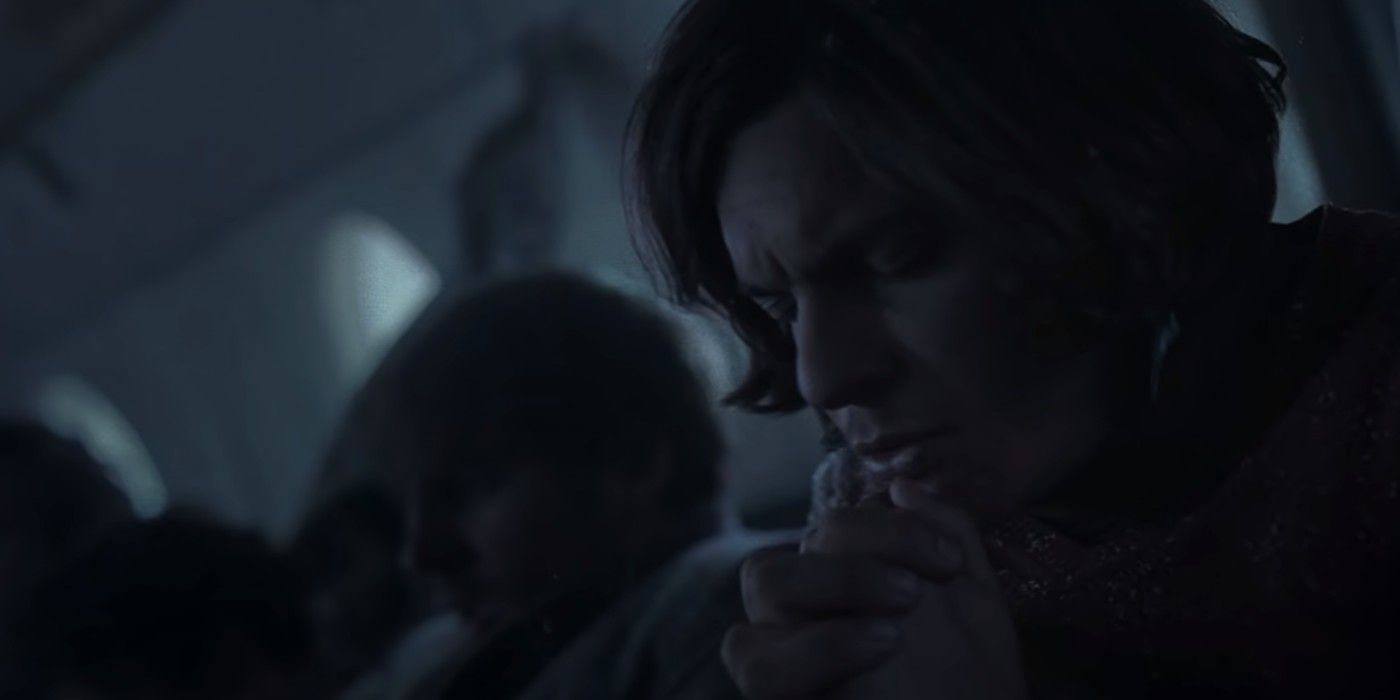
The Society of the Snow: A Controversial Tale of Survival and Cannibalism

Exploring the legal, religious, and public responses to the controversial cannibalism depicted in Netflix's Society of the Snow.
The Legal Implications of Cannibalism
Society of the Snow, a Netflix series based on the true story of Uruguayan Air Force Flight 571, has sparked intense debate regarding the legal implications of cannibalism. The flight, which crash-landed in the Andes mountains in 1972, led to the survivors resorting to eating the deceased in order to survive. This act of cannibalism raised legal and ethical considerations that the survivors and the public had to confront. However, the legality of cannibalism in Uruguay and Chile, the home and destination countries of the survivors, remains ambiguous. In countries such as Germany and the United Kingdom, cannibalism is not explicitly illegal, and legal action has been taken against individuals for the means by which they obtained human flesh rather than for the act of cannibalism itself.
Split images of Enzo Vogrincic as Numa in The Society of the Snow
The survivors' ordeal raises questions about the legality of cannibalism and the absence of specific laws addressing this issue. Instances of cannibalism have resulted in charges related to the means of obtaining human flesh, such as murder, and the prevention of a legal burial. Despite the survivors' actions, there is no indication that they were ever charged with a crime. The legal complexities surrounding cannibalism add depth to the controversy surrounding the Society of the Snow, sparking ongoing debates about the boundaries of the law and the exigencies of survival.
Daniel Fernandez Strauch as a priest talks to a church full of people during Society of the Snow's mass scene
Religious Dilemmas and Moral Justifications
The religious beliefs and moral dilemmas of the survivors in Society of the Snow are central to the controversy surrounding their act of cannibalism. The survivors' Roman Catholic faith is evident in their prayers, church attendance, and use of rosaries, reflecting the real-life religious affiliation of all the survivors. The conflict arises from the survivors' concern about the sinful nature of consuming human flesh and their quest for divine forgiveness. The theological debate surrounding their actions was further complicated by the perspectives of Catholic theology professors, who defended the survivors' cannibalism as a justifiable act of survival under extreme circumstances.
Enzo Vogrincic as Numa attending church in Society of the Snow.
The survivors' religious beliefs and moral justifications are intertwined with the concept of Communion, a significant ritual in Catholicism and other Christian religions. The comparison of their consumption of human flesh to Communion, and the belief in transubstantiation, which holds that the Eucharist is the literal body and blood of Christ, adds a thought-provoking dimension to the survivors' moral reasoning. Furthermore, the survivors' distinction between cannibalism and anthropophagy, based on their refusal to kill for sustenance, sheds light on their internal struggle with the ethical implications of their actions. The religious and moral complexities surrounding the survivors' cannibalism contribute to the profound ethical and theological debates depicted in Society of the Snow.
Enzo Vogrincic As Numa Turcatti On His Knees In Society of the Snow
Public Response and Ethical Considerations
The public response to the survivors' controversial act of cannibalism depicted in Society of the Snow has been marked by intense scrutiny and ethical deliberation. Upon learning of the survivors' ordeal, the public reaction ranged from shock to skepticism, leading to rumors and accusations in the survivors' hometown of Montevideo, Uruguay. The survivors faced accusations of killing their companions to sustain themselves, prompting them to defend their actions publicly. The survivors' defense centered on their profound sense of honor and the pact they made, allowing their deceased comrades to be consumed for the sake of survival.
A cross necklace on a dead body in Society of the Snow.
The survivors' emotional struggle with the act of cannibalism, as described by one of the survivors, underscores the profound ethical and emotional toll it took on them. Despite the public backlash and skepticism, the survivors stood by their actions, emphasizing the necessity of their actions for survival and challenging the public to empathize with their harrowing circumstances. The controversy surrounding the survivors' cannibalism reignited profound ethical debates and shed light on the unimaginable hardships they endured, fueling intense discussions about the limits of human survival and the ethical considerations of extreme circumstances.
A survivor praying on the plane in Society of the Snow.
